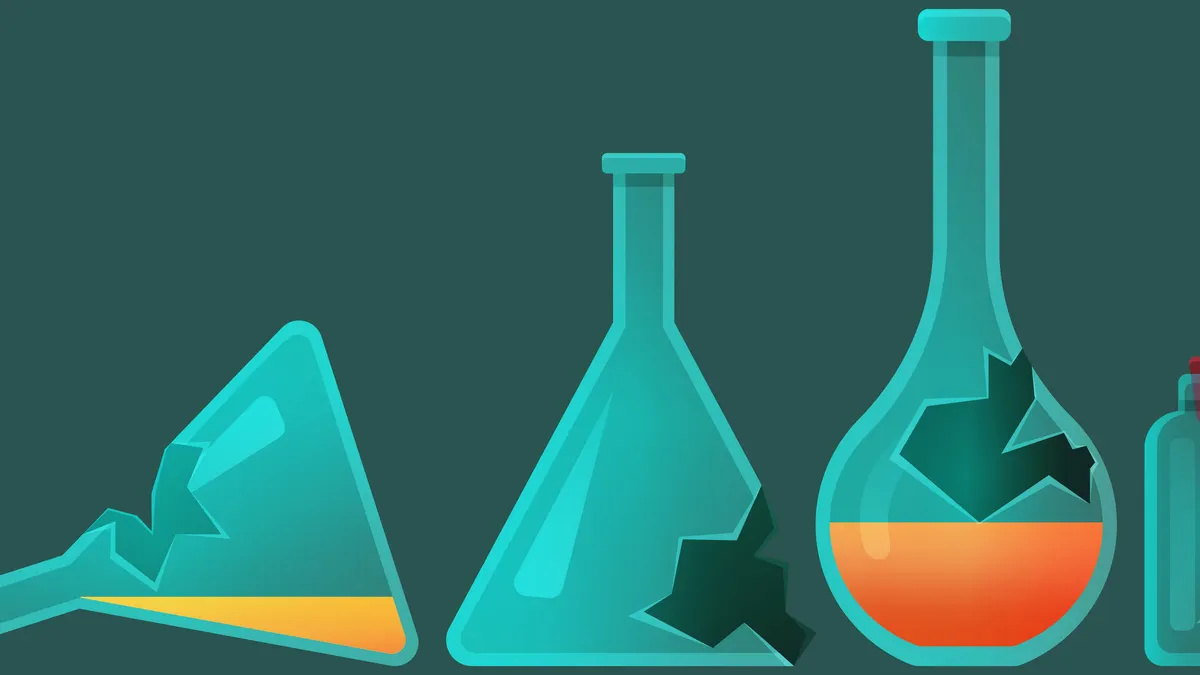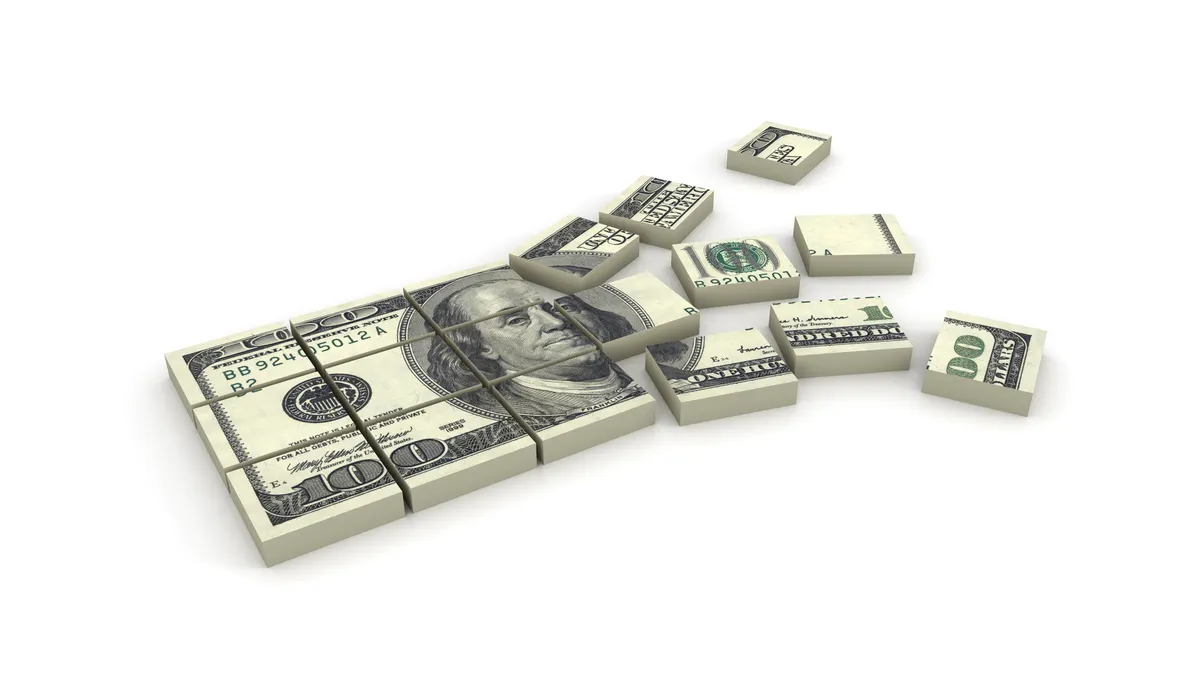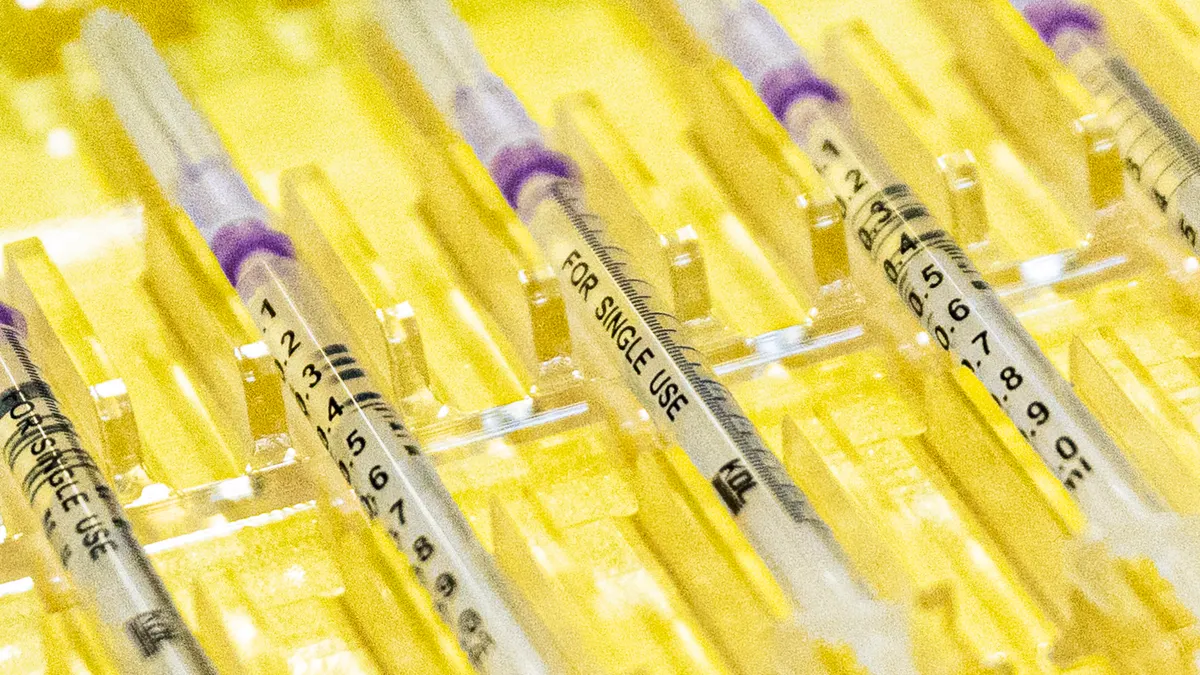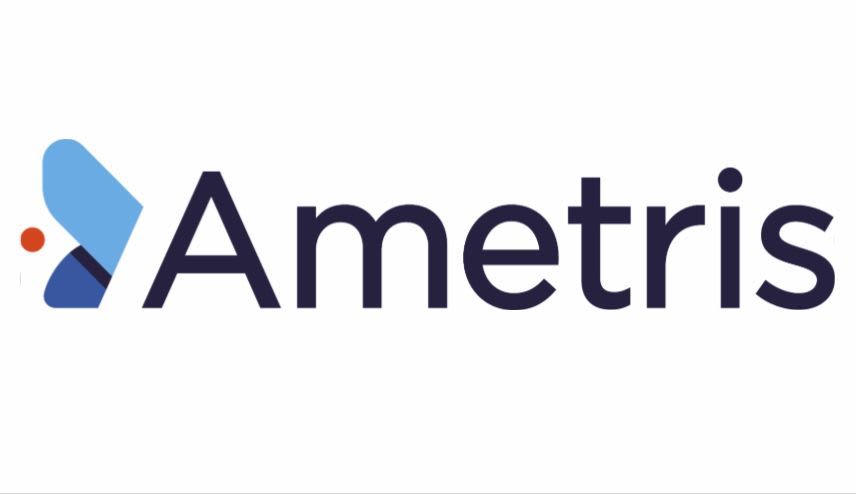Immunology is one of pharma’s greatest not-so-secret weapons, driving breakthroughs across the spectrum from cancer to infectious disease to the rarest conditions.
While researchers’ knowledge of the immune system grows, the complex network of signals and pathways remains difficult to crack. But this year, the Nobel Prize committee has recognized new research into the system, awarding three scientists with the top honor for shining a light on how immunity works within the human body, potentially leading to new discoveries.
Mary Brunkow of the Institute for Systems Biology, Fred Ramsdell of Sonoma Biotherapeutics and Dr. Shimon Sakaguchi of Osaka University collected the Nobel Prize in Physiology or Medicine this week for their work in immune tolerance, which determines the kinds of targets the immune system tracks and which it ignores.
Sakaguchi’s contribution involved discovering a new type of immune cell that protects the body from autoimmune diseases. And Brunkow and Ramsdell brought genetics to the equation with the discovery of a gene that determines the creation of these cells, called regulatory T cells.
Over the years, growing knowledge of the immune system has led to some of the bestselling drugs in the world. Immunology powerhouses like AbbVie’s Humira and Johnson & Johnson’s Stelara made juggernauts of their respective companies, cancer immunotherapies like Merck & Co.’s Keytruda added years to patients’ lives, and mRNA vaccines such as Pfizer’s Comirnaty and Moderna’s SpikeVax became saviors during the COVID-19 pandemic.
The pharma industry is chock full of immunology blockbusters and hopefuls. And as one era of immune-related blockbusters matures, another is just beginning. Here are some of the companies making important strides in immunology and leading the way with drug candidates that reflect the continued importance of the immunology space.
Sanofi
Sanofi’s late-stage pipeline asset amlitelimab is a potential powerhouse in eczema with a phase 3 study released last month showing the monoclonal antibody cleared patients’ skin and maintained efficacy at 24 weeks when dosed at either every one or three months.
The French company’s history in immunology runs deep with the megablockbuster Dupixent approved for diseases like eczema, asthma, sinusitis and chronic obstructive pulmonary disorder. Amlitelimab would be a followup to Dupixent, which will likely face competition due to a patent cliff in the beginning of the next decade.
Dupixent is slated for peak sales of $27.8 billion, according to a report from Kearney, nestled between expected market leader Skyrizi and younger sibling Rinvoq, both from AbbVie, in the market for autoimmune drugs. Amlitelimab, meanwhile, has forecasted peak sales of $5.2 billion — so far.
Johnson & Johnson
J&J is also pumping up its pipeline of immunology candidates for skin conditions and rare diseases.
Icotrokinra is an oral peptide that demonstrated strong late-stage results in psoriasis, with patients showing “significant skin clearance” in a six-month study and superiority to Bristol Myers Squibb’s market leader Sotyktu. The company said the results could pave the way to another study to demonstrate the “superiority of a pill versus injectable biologic” for psoriasis.
The company is also gunning for a top spot in difficult rare diseases like myasthenia gravis with the drug Imaavy. Phase 3 results this year lent more evidence to Imaavy’s use in the myasthenia gravis population which could give the drug another edge on the market.
Novartis
Switzerland’s Novartis is on a mission to broaden its immunology reach with its drugs ianalumab and remibrutinib.
Like many in Big Pharma, Novartis already has an immunology blockbuster on its hands with the major seller Cosentyx lined up for $8.7 billion in peak sales, according to Kearney.
Ianalumab met primary endpoints in late-stage results released this summer for Sjögren's syndrome, making it potentially the first treatment targeted for the disease. And remibrutinib, now known as Rhapsido after a September approval in chronic spontaneous urticaria, has forecasted peak sales of $3 billion, according to Kearney.






















